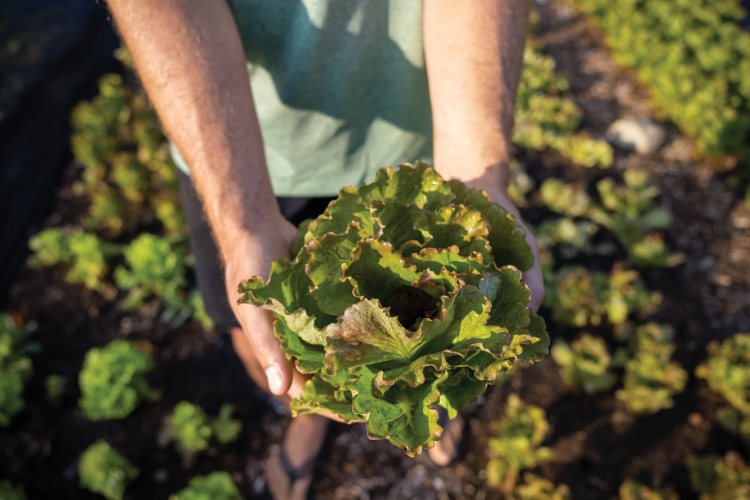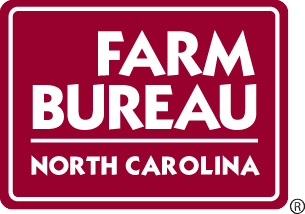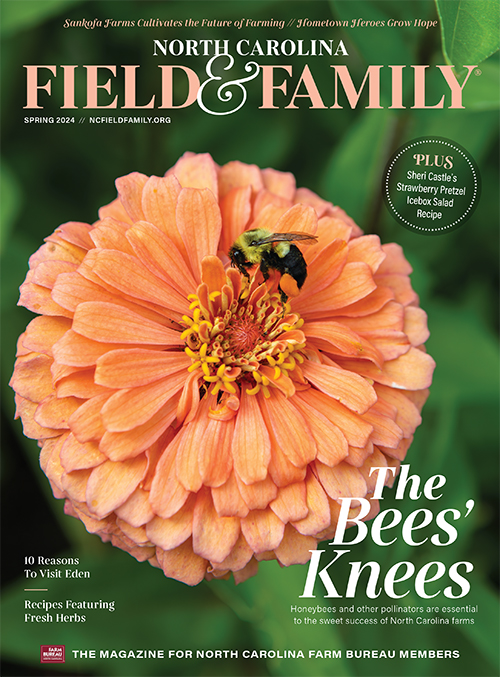A Stabilizing Force for North Carolina
The strength of North Carolina’s agricultural industry has been defined as the state’s main stabilizing force during tough economic circumstances.
Politicians, academics, members of the media and many other policy influencers have all praised farming, forestry and their related industries for the overall economic stability they provide the state.
N.C. Gov. Pat McCrory, for example, has touted the many benefits of growing the agriculture and agribusiness industry in North Carolina. McCrory praised the industry as the reason North Carolina has been able to remain relatively stable during the recession.
Mike Walden, noted economist at North Carolina State University, maintains a running tab on the economic value of agriculture and agribusiness in the state. That figure is currently $77 billion annually. McCrory said he’d like that number to increase to $100 billion each year.
Such a rise in value is a real possibility. It is also a necessary goal if we are to continue to keep rural North Carolinians employed, fed and prosperous. Nearly one-fifth of the state’s jobs are tied to agriculture and agribusiness.
The state’s land grant universities are a big part of the past, present and future success of rural North Carolina. Accordingly, Farm Bureau urged the North Carolina General Assembly to recognize and fund the vital farming and agricultural research underway at NCSU and N.C. A&T State University.
In addition to a strong agriculture and research base, North Carolina is fortunate to possess many of the elements required to achieve a $100 billion per year agriculture and agribusiness industry. Some of those positive qualities include the following: agricultural diversity, farm finance availability, healthy soils, proper climate, and a solid transportation infrastructure and proximity to East Coast population centers. These elements combined all aid the state’s agricultural strength and growth potential.
When it comes to economic development, agriculture is the 800-pound gorilla in the room. Maintaining a strong agricultural industry is not just an option for economic growth, it is a necessity for a strong and viable state and nation.
North Carolina’s esteemed members of the General Assembly are in the perfect position to help grow the state’s largest industry and help develop rural economies. They simply need to recognize the unique needs and challenges associated with rural economic development and act accordingly when considering the state’s budget and the structure of its agencies.
We must have unique entities in the state that possess the ability to provide the venture capital necessary to attract new industry and facilitate growth within existing businesses. The state’s 85 rural counties depend on organizations like the North Carolina Rural Economic Development Center, the Golden LEAF Foundation, and the North Carolina Tobacco Trust Fund Commission to provide this venture capital for entrepreneurs who want to do business in rural North Carolina.
In many cases, the infrastructure for rural North Carolina does not exist. Industry, business and jobs are not established in areas that don’t have the supporting infrastructure. As a state, we need the people and organizations that understand the unique needs of rural North Carolina.
It’s not called “venture” capital for nothing. Just like professional baseball players don’t hit home runs each time they swing the bat, the venture capitalist doesn’t realize a windfall with each investment. We cannot expect private backers to fund each and every rural investment. It’s too risky. It takes a partnership between the public and private sectors to put the infrastructure in place that makes a rural venture less of a gamble and more of an investment. And rural North Carolina needs entities to invest in its future now more than ever.
The issues that impact the lives of the 530,000 members of North Carolina Farm Bureau are not Democrat or Republican. They are rural and farm matters, job concerns and quality of life questions. As a nonpartisan organization, we routinely work with individuals and organizations that understand the uniqueness of rural North Carolina. Farm Bureau looks forward to collaborating more with those who do not yet realize the value of investing in rural North Carolina.









 North Carolina Field and Family magazine highlights farms and foods, events and attractions, and interesting people and places throughout the state.
North Carolina Field and Family magazine highlights farms and foods, events and attractions, and interesting people and places throughout the state.
Leave a Comment